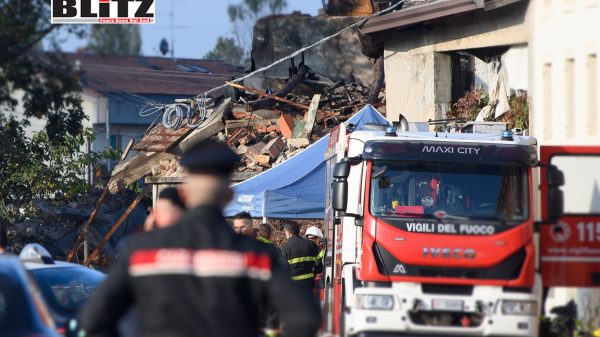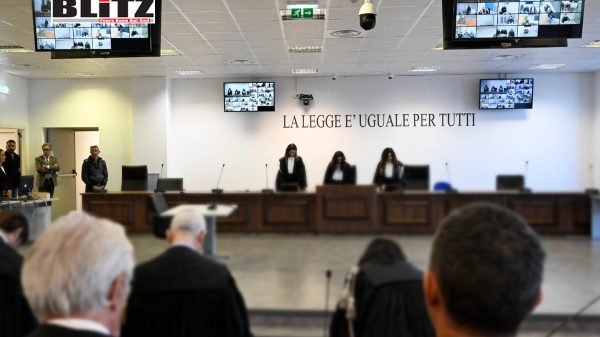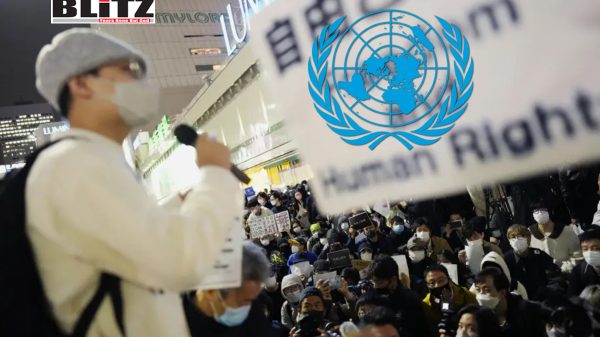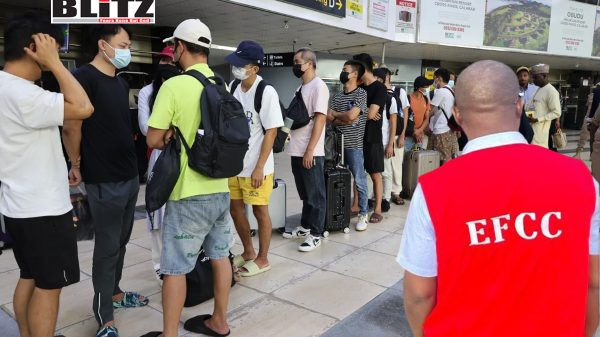Sudanese refugees in Uganda find safety opportunity and hope amid war’s turmoil
- Update Time : Thursday, October 23, 2025
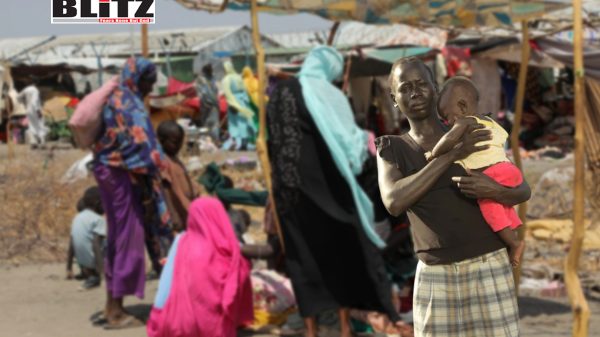
Uganda has long stood as one of Africa’s most open and compassionate hosts for refugees, a distinction that has gained renewed significance amid the devastating war in Sudan. Currently, the East African nation shelters over two million refugees – half of whom are from South Sudan and roughly 100,000 from Sudan itself. Many of these Sudanese refugees arrived after the eruption of conflict that tore apart Khartoum and Darfur, fleeing aerial bombardments, militia violence, and a collapsing economy. With Egypt shutting its borders and tightening visa requirements, Uganda emerged as one of the few accessible and welcoming destinations.
Yet, Uganda has not only offered these refugees safety – it has offered them the chance to live and rebuild. Through a unique combination of progressive asylum policies, economic inclusivity, and the resilience of Sudanese civil society, a remarkable transformation is taking place in Kampala and beyond. Refugees from Sudan are not just surviving; many are actively contributing to Uganda’s local economy, enriching its society, and creating a foundation for future collaboration between the two nations.
For many Sudanese, Uganda’s capital, Kampala, has become an epicenter of renewed activism and professional rebirth. During the rule of Sudan’s former regime, civil society organizations faced systematic repression. The government suspended the activities of NGOs, jailed outspoken activists, and accused them of conspiring with foreign powers. These measures forced dozens of Sudanese civil society actors into exile – and Kampala, with its relatively open civic environment, became their refuge.
In Uganda, registration processes for non-governmental organizations are straightforward, and the government has historically tolerated foreign-run projects. This administrative openness, coupled with Uganda’s established humanitarian infrastructure, made it possible for Sudanese NGOs and initiatives to flourish. Today, dozens of Sudanese-led projects, backed by international agencies, operate in Kampala – providing employment, building networks, and continuing the advocacy work that was once impossible at home.
The ripple effects are visible across the city. Refugees have opened groceries, cafes, and restaurants, often run by Sudanese women who use their entrepreneurial skills to sustain families and communities. Others have launched travel agencies, tailoring shops, and tech-related startups, while Sudanese doctors, teachers, and professors have found employment in Uganda’s expanding health and education sectors. Several Sudanese private schools now operate in Kampala, ensuring that the children of refugees can continue their studies in Arabic and English.
Uganda’s refugee policy is one of the most progressive in the world. Asylum seekers are granted the right to work, move freely, and access public services. For Sudanese arriving via the South Sudanese border, Uganda provides visas on entry. Upon arrival, refugees can register with the UNHCR and obtain a refugee card, often within a few weeks. This simple administrative step opens the door to legal recognition, humanitarian assistance, and inclusion in local life.
In the northern region of Uganda, where large refugee settlements such as Bidi Bidi and Palabek are located, Sudanese families have integrated into the local agricultural economy. The Ugandan government allocates small plots of land to refugee households, allowing them to cultivate crops for subsistence and sale. Over time, many Sudanese refugees have gone further – renting additional land, employing other refugees, and developing small-scale agricultural businesses.
Some of these ventures have even reached regional markets. Sudanese traders have started exporting Ugandan tea and coffee to Gulf countries, using the diaspora networks that span from East Africa to the Middle East. These activities underscore a critical point: Uganda’s policies not only provide humanitarian relief but also foster self-reliance and entrepreneurship.
The Sudanese community’s adaptability has been a key factor in its success in Uganda. Many Sudanese professionals, journalists, and researchers now work remotely for international outlets or NGOs. The skills they are gaining – from English-language proficiency to digital communications – are laying the groundwork for future reintegration into Sudan’s post-war society.
Dozens of Sudanese university professors have been recruited by Ugandan universities, helping to strengthen academic collaboration between the two nations. In return, these scholars have gained valuable experience in international education systems, broadening their perspectives and enhancing their professional qualifications.
These interactions have also created new cross-cultural connections. Marriages between Sudanese and Ugandan nationals are increasingly common, as are joint business ventures. As one Sudanese refugee-turned-professional put it, “life did not stop with the war.” In exile, he found love, marriage, a new home, and a renewed sense of purpose – a sentiment echoed by many others who have managed to rebuild despite the trauma of displacement.
Yet, not every story is one of success. The refugee camps in Uganda’s north are burdened with persistent challenges. Despite the government’s provision of agricultural land, security problems continue to plague some areas. Sudanese refugees have reported harassment and violence from other refugee groups, straining relations between communities. If such tensions continue unchecked, they could undermine both social stability and the prospects for long-term integration.
The humanitarian situation remains precarious. International aid has declined, particularly following cuts to US support via USAID. As a result, food assistance and healthcare provisions have fallen short of the growing needs. Many families now face a harsh dilemma: remain in Uganda, where aid is dwindling and employment is uncertain, or return to a homeland still engulfed in chaos and bloodshed.
Poverty and food insecurity have worsened in several refugee settlements. While Uganda’s hospitality remains steadfast, the strain on local resources – land, water, and social services – is increasingly evident. Local Ugandan communities, too, are affected by the slowdown in aid and rising costs of living, making coexistence more complex.
Despite these hardships, Sudanese refugees in Uganda embody a quiet optimism. Through their resilience and creativity, they are building a new kind of bridge between two nations. Uganda’s open-door policy and the Sudanese people’s determination to adapt have produced not only a humanitarian success story but also a potential model for post-war recovery.
When peace finally returns to Sudan, the experiences gained in Uganda – from small-scale entrepreneurship to NGO management – will become invaluable. Those who have worked, studied, and built businesses in Uganda will carry with them new skills, international networks, and a deeper understanding of coexistence and resilience.
Sudan’s tragedy has scattered its people, but in exile, many have found a sense of agency and purpose that was denied to them at home. In the words of one Sudanese refugee, now a husband and father in Kampala: “I still feel anxiety, of course, as well as concern about the future of Sudan. But I am convinced that the Sudanese people are capable of making peace and shaping their future. Change is possible, and peace will come again.”
In the end, Uganda’s generosity – and the Sudanese community’s tenacity – demonstrate a powerful truth: even amid displacement and loss, hope can take root in new soil.
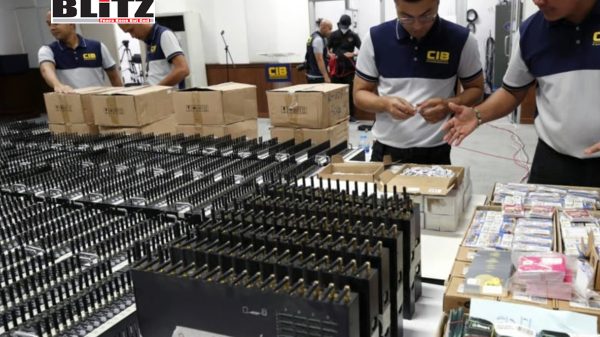
Myanmar’s military raids massive cybercrime compound, seizes Starlink devices and arrests over 2,000
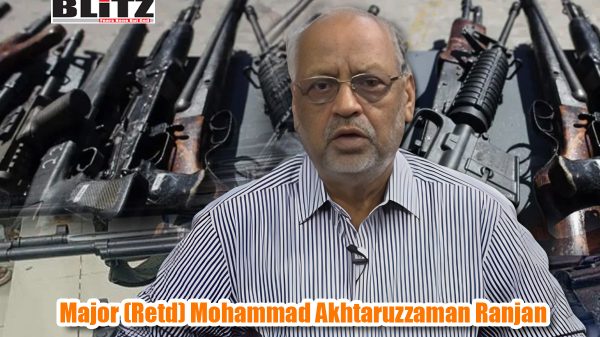
Bangladesh’s ex-military officer divulges secrets of weapons caches hidden within dorms in universities




